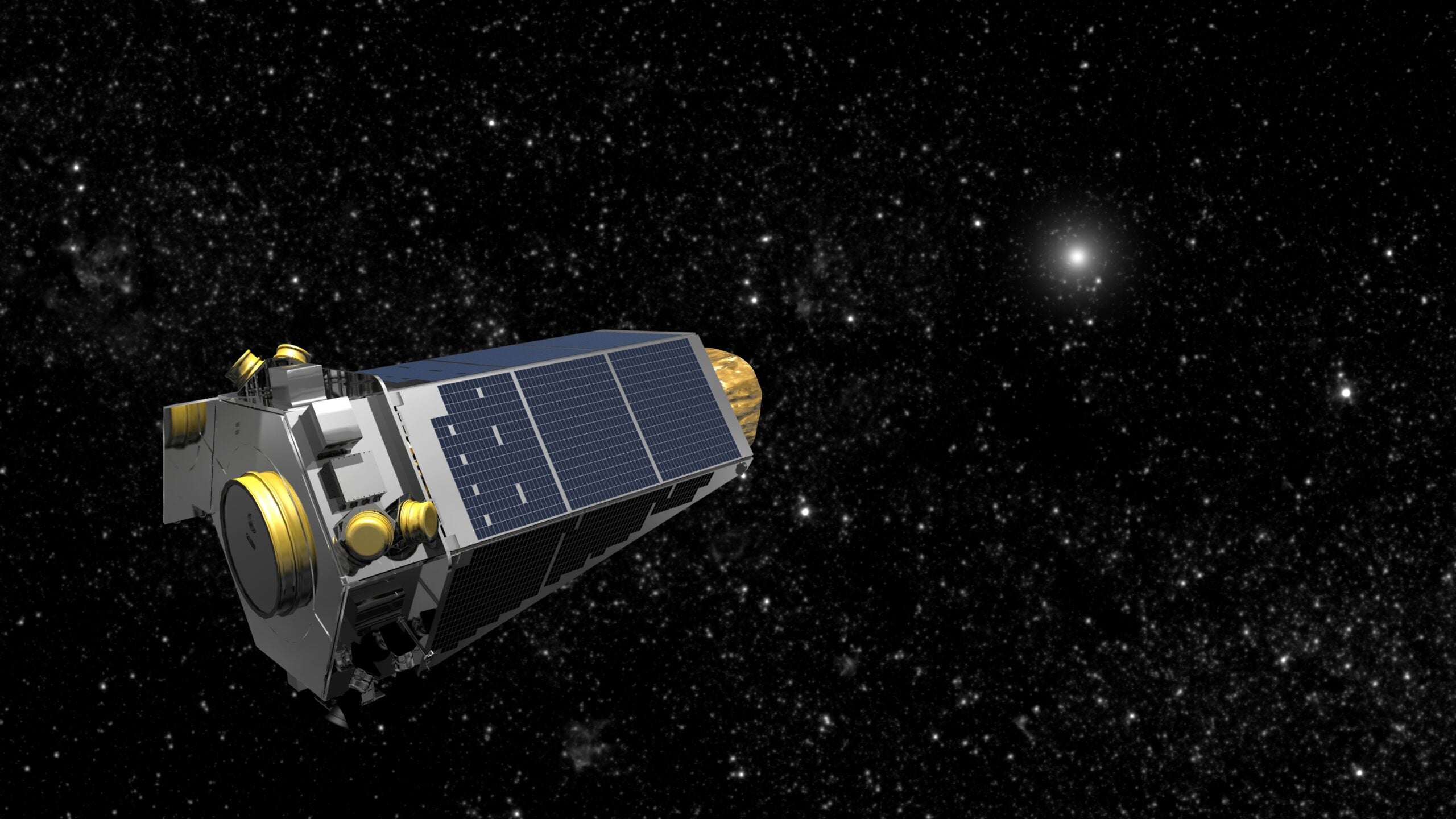After 2,600 planet discoveries, the Kepler Space Telescope is out of fuel and NASA has decided to decommission it. We hear from a science writer about the impact of the Kepler on our planet hunt and what’s next in the search. We also learn what “excited delirium” is and how first responders handle it.
Featured in this Show
-
A Look At The Impact of NASA's Kepler Spacecraft, And The Future Of Planet-Hunting
After nearly a decade in orbit, and over 2,600 planet discoveries, the Kepler Space Telescope has run out of fuel, and has been officially decommissioned by NASA. But that doesn’t mean the hunt for more planets is over. A science writer joins us to talk about the Kepler’s impact on the world of astronomy, and what’s next in the search for planets outside of our solar system.
-
First Responder Training Affects Handling Of Excited Delirium
First responders encounter people in a range of mental and physical states in the course of their work. But whether the first people on a scene are law enforcement officers or medical personnel can have a big impact on how people showing symptoms of a condition called “excited delirium” are dealt with. We talk to a WisContext editor about her follow-up article on the issue.
Episode Credits
- John Munson Host
- Chris Malina Host
- Chris Malina Producer
- Judith Siers-Poisson Producer
- Nadia Drake Guest
- Hayley Sperling Guest
Wisconsin Public Radio, © Copyright 2024, Board of Regents of the University of Wisconsin System and Wisconsin Educational Communications Board.



